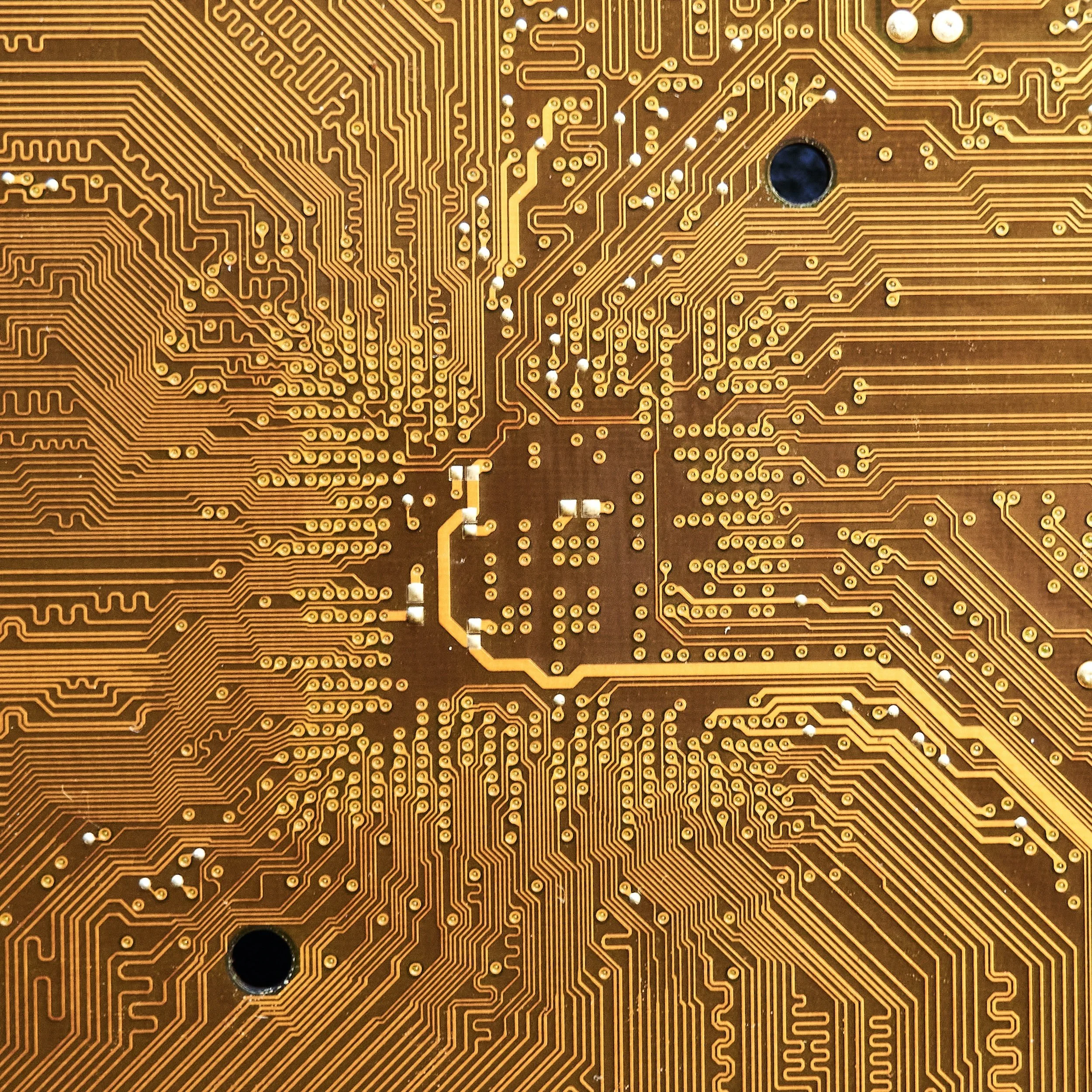Quantum computing is a type of computing that uses quantum-mechanical phenomena, such as superposition and entanglement, to perform operations on data. Unlike classical computing, which uses bits (represented as 0 or 1) to store and process information, quantum computing uses quantum bits (qubits) that can exist in multiple states at the same time.
This allows quantum computers to perform certain types of calculations much faster than classical computers. For example, they can be particularly effective at searching large databases, factoring large numbers, and simulating quantum systems, which are difficult or impossible for classical computers to do efficiently.
Quantum computing is still a relatively new and emerging field, and practical quantum computers capable of performing useful computations are still in development. However, researchers and companies around the world are working to develop quantum hardware and software that could have a significant impact on fields such as cryptography, drug discovery, and optimization.
One of the major challenges facing the development of quantum computing is the issue of quantum decoherence, which is the loss of quantum coherence and the resulting breakdown of the superposition and entanglement that make quantum computing possible. Researchers are working on various techniques to address this issue and improve the performance and reliability of quantum computers.



